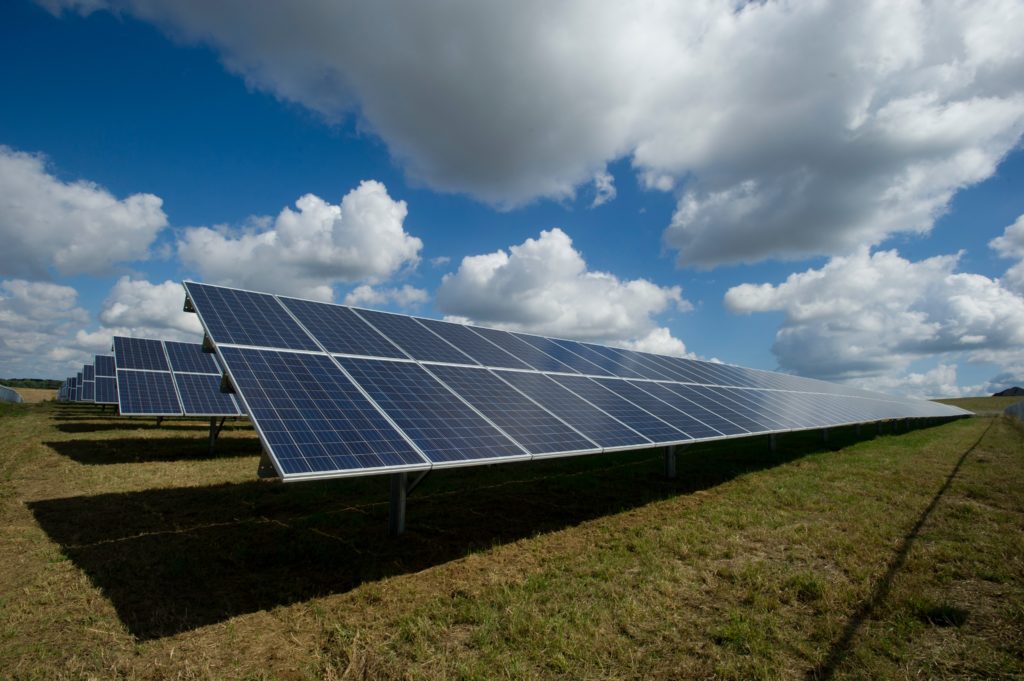The magnitude of the impact climate change will have on the value of particular business will vary depending on the industry in which it operates. However, all businesses are being, or are expected to be, impacted by climate change. The impact may be direct (i.e. extreme weather, additional regulations) or indirect (i.e. pricing/costs, changes to customer demand/expectations, capital asset purchasing to minimize carbon footprint and meet regulatory requirements). The overall impact may be positive or negative, depending on a variety of factors.
A valuation must consider the impact of climate change on both cash flows and risks. In particular, the potential impact on the critical success factors of the business (i.e. what makes the business successful) must be assessed. Some of the factors to be considered include increased costs, increased regulation, requirements to develop/invest in new/green technology, altering product or service offerings for changing consumer preferences, opportunities to increase efficiencies in operations through increased use of reusable items or streamlined processes, while remaining competitive.
Significant factors that are more certain to influence the operations of businesses and may be reliably quantified are directly considered in the determination and assessment of a subject company’s future expected cash flows. Other factors may be required for consideration in the valuator’s assessment of risk and the multiple applied to the company’s expected future cash flows in determining value.
The impact of climate change on a business may change the landscape of key success factors for many businesses. As is always the case, the valuation of businesses will continue to require a careful analysis of the opportunities and risks the specific business faces in light of evolving regulatory requirements, the costs of ensuring compliance with climate regulations and the risks and uncertainty of these aforementioned factors.



